Tuesday, March 3
| 10:30 –11:30 a.m. | "How to Listen to and Understand Great Music, Video Lecture: Introduction to Romanticism," Dr. Robert Greenberg [Solveig Holmquist], Kaneko
For many composers working in the 19th century, or the Romantic Era, expressive content came to shape form. Beethoven's music both anticipated and inspired the self-referential and self-expressive approach to composition that many Romantic-era composers would adopt. Four main trends characterize Romantic-era art: the depiction of extreme emotional states, the cultivation of nationalism, the idealization of the wildest aspects of nature, and a fascination with the macabre and the supernatural. The Enlightenment's celebration of individualism comes to flower in the Romantic art of the 19th century. |
| 11:30 a.m. - 12:30 p.m. | "The Moldau: An Example of Nationalism in Romantic-era Music," Solveig Holmquist, Kaneko
|
| 1:30 – 2:30 p.m. | "Going to War and Going Ahead with the Law," Jim Nafziger [Sharon Wright], Ford 122
Three major anniversaries this past year of either the initiation of major armed conflict--World War I (100 years) and World War II (75 years)--or the vast expansion of it--the Vietnam War (50 years)--highlight the inadequacy of the laws of war governing the use of force. In all three instances, the declared justifications for international intervention were controversial at best, as were, for example, the more recent justifications for U.S. intervention in Iraq (2003) and Russian interventions in Georgia (2008) and Ukraine (2014). It is time to improve the law.
|
| 2:30–3:30 p.m. | "Peanut Butter and Naan: Stories of an Americam Mom in the Far East," Jennifer Magnuson [Bea Epperson], Ford 122
|
Thursday, March 5
| 10:30 –11:30 a.m. | "The Story of Human Language Video Series: Language Interrupted," Prof. John McWhorter [Jinx Brandt], Kaneko
Generally, a language spoken by a small, isolated group will be much more complicated than English. In fact, it is typical for languages to be vastly overgrown in this way. Languages are “streamlined” when history leads them to be learned more as second languages than as first ones, which abbreviates some of the more difficult parts of their grammars. This means that a language such as Tsez of the Caucasus Mountains in Asia is so complex that one wonders how it could be learned, while one variety of Indonesian created by adult speakers of local languages is so streamlined that one wonders how it conveys enough meaning to be useful! Such languages as English and Mandarin Chinese are intermediate cases. |
| 11:30 a.m. - 12:30 p.m. | "Music Potpourri," Solveig Holmquist, Kaneko Jim Brown, Cathie Olcott and Bob Cooper present their musical favorites. |
| 1:30 – 3:30 p.m. | "World War II and Artmaking in Oregon: Four Case Studies" Roger Hull [Sharon Wright], Ford 122
From 1970 to 2010, Roger Hull taught courses at Willamette University on Renaissance, American, and Modern art. He now lectures periodically, often on topics in Pacific Northwest art. He envisioned and helped establish the Hallie Ford Museum of Art and is the Senior Faculty Curator at the museum. The case studies in question would be Jan Zach, Manuel Izquierdo, Henk Pander, and Carl Hall. |
Tuesday, March 10
| 10:30 a.m.–12:30 p.m. | World War II presentation [George Adkins], Kaneko
|
| 1:30 – 3:30 p.m. | "Medieval and Renaissance Instruments," Gayle and Phil Neuman [Solveig Holmquist], Ford 122
|
Thursday, March 12
| 10:30 a.m.–12:30 p.m. | "National Security, Civil Liberties, and Innocence," Steven Wax [Kay Reichlin], Kaneko
Mr. Wax recently retired after 31 years as the Federal Defender for the District of Oregon to help launch Oregon’s new Innocence Project as its Legal Director. A cum laude graduate of Colgate University and Harvard Law School, he was a key part of the Brooklyn, N.Y. District Attorney's prosecution of David Berkowitz, a.k.a."The Son of Sam." Wax and his Federal Defender team successfully represented six men formerly held as "enemy combatants" in Guantanamo. He has taught at the Northwestern School of Law at Lewis and Clark College, serves as an ethics prosecutor for the Oregon State Bar, and lectures throughout the country. Wax was been honored for his work by, among other groups, the NACDL (2004 President’s Commendation), American Jewish Committee (Oregon Chapter 2007 Judge Learned Hand Award), ACLU (Oregon 2007 Civil Rights Award), Federal Bar Association (National 2010 Hon. Sarah Hughes Civil Rights Award and Oregon 2010 Hon. James M. Burns Professionalism Award), American Constitution Society (Oregon Chapter 2014 Justice Hans Linde Civil Liberties Award). He was recently given lifetime achievement awards by the Historical Society for the District of Oregon and the Oregon Criminal Defense Lawyer’s Association. Wax was invited to present the 2009 Ava Helen and Linus Pauling Memorial Peace Lecture at Oregon State University. He is a fellow in the American College of Trial Lawyers. Kafka Comes To America, Wax's book about his work representing Portland attorney Brandon Mayfield and the men in Guantanamo, has won four national awards, including the prestigious ABA Silver Gavel. |
| 1:30 – 3:30 p.m. | World War II presentation [George Adkins], Ford 122 1. Planes (Gene Fletcher) |
Tuesday, March 17
| 10:30 a.m.–12:30 p.m. | World War II presentation [George Adkins], Kaneko 1. Dutch Resistance (Hans Vander Weyden) |
| 1:30 – 3:30 p.m. | "The Life and Times of St. Patrick," Jerry McGee [Wes Robinson], Ford 122 Perhaps no world figure has been surrounded by more myths than the Patron Saint of Ireland. Although the myths are interesting they are overshadowed by the facts of the life of this truly great man. If an Irishman says it is so it must be so. Biography: Jerry McGee was born and raised in southwest Washington. He worked on five of the major dams in the Pacific Northwest including the tunnels on Yale and Swift Creek Dams on the Lewis River. He spent over two decades as an amateur prospector in the Mt. St. Helens Mining District. He mistakenly thought Mt. St. Helens was his; at least until May 18, 1980. Jerry received his doctoral degree from the University of Northern Colorado. He retired from Oregon State executive management service in 1991. |
Thursday, March 19
| 10:30 a.m.–12:30 p.m. | "Twelve Angry Jurors," ICL Play [Deborah Ehlers], Smith Auditorium
What begins as an open and shut case of murder soon becomes a mini-drama of each of the jurors' prejudices and preconceptions about the trial, the accused, and each other. A discussion session of the play's themes and jury experiences will follow. |
| 1:30 – 3:30 p.m. | "Great Decisions: Russia and the Near Abroad" [Jeanette Flaming], Ford 122
Professor Sarah Bishop will be leading this session; she will be bringing her advanced Russian class. |
Week of March 23-27
SPRING BREAK—NO CLASSES |
Tuesday, March 31
| 9:00 - 10:15 a.m. | "China," Randall Schriver, Kaneko
He hails from the state of Oregon. He holds a master degree in public policy from Harvard University (1994), and received a B.A. in history from Williams College (1989). He was a four-year varsity college tennis player, and has completed four triathlons. He is married to the former Ms. Jordan Bredholt, and they have a son named Lucas, a daughter named Rory, a son named Brody, and a daughter named Meilani. |
| 10:30 a.m.–12:30 p.m. | "Our State Capitols: American History, Style, Art, and Architecture," Jim Stembridge [Judy Heltzel], Kaneko
Jim Stembridge worked more than a decade as legislative staff (nonpartisan committee administrator) in Oregon’s Capitol in Salem. He has written summaries of several hundred legislative bills. He did project management, program administration, and public information work for several state agencies, including the Oregon State Fire Marshal’s Office—writing, editing, and producing more than 100 government publications, including newsletters, reports, and fire safety curricula. He was an adjunct instructor at the National Fire Academy (National Emergency Training Center) in Emmitsburg, MD. Jim, a UCLA graduate, earned a PhD in geography at the University of Oregon. His interests in photography date from the years he did coastal hazards research and taught—and prepared illustrations for—geography classes at the University of Oregon (Eugene) and East Carolina University (Greenville, NC). He is the author/editor of Pathfinder: The First Automobile Trip between Newport and Siletz Bay, Oregon, July 1912 (Lincoln County Historical Society, 1975), a collection of historic photographs. Jim’s newest book is entitled Fifty State Capitols: The Architecture of Representative Government. Jim lives with his wife, Joan, in Salem, Oregon. |
| 1:30–2:30 p.m. | "Rethinking Resentencing: Oregon House Bill 3194," Andres Oswill, Hanni Student Scholars [Ken Panck], Ford 122
Biography: Originally from the Bay Area, I have spent my time here immersing myself in everything Oregon and Willamette have to offer. During my four years I've been fortunate to intern twice in the State legislature, spend 3 years working at Zena Farm, and serve this year as Willamette's Student Body President. I have also been a part of Phi Delta Theta Fraternity, In my spare time I enjoy cooking and reading, as well as tending to a young fig tree I have been caring for since my freshman year. It is an offshoot clone grown from the large fig tree at Zena Farm. I have taken it with me every time I've moved since potting it, and think of it as a physical reminder that wherever I go after graduation I will always take a part of Willamette with me. |
| 2:30–3:30 p.m. | "The Dutch Way: An Anthropological Perspective on Euthanasia and Assisted Suicide," JoJo DeLong, Hanni Student Scholars [Peter Rasmussen], Ford 122
My presentation will be.about the prevailing and complicated topic of assisted death or death with dignity. I will present the results of a research study I conducted last summer in the Netherlands. The-study examines the Dutch 2002 Termination of life on Request and Assisted Suicide Act. Writing for the New York Times in 2012 , Paul Root Wolpe director of the Center for Ethics at Emory University in Atlanta, said of the Dutch: "Internationally, the Dutch have pushed the conversation on both the wisdom of allowing people to choose how and when they die when they're in great suffering, and on the nature of compassion in dying." The Dutch grant terminally ill children ages 12-18 and the mentally ill the choice to die and they have introduced mobile euthanasia teams to enable patients to die at home. An influential Dutch right to die organization is now calling for legislation to make euthanasia available to anyone over age 70, sick or not. In my presentation, I will compare the Dutch law to Oregon's physician assisted suicide laws and I will pose several philosophical questions about suffering and end-of-life choices for us to ponder collectively. I will begin the presentation with a twenty-five minute documentary film I produced as a result of my research in the Netherlands with guidance from Willamette faculty about these issues. Biography: I grew up in Southern California with three siblings and I came to Willamette with a love of Oregon and an eagerness to take part in all the learning and extracurricular activities WU had to offer. I am involved in athletics on campus, both being a varsity basketball player and being in the role of Intramural Coordinator for campus recreation. I also really enjoy playing music and being a part of the Percussion Ensemble on campus. Outside of campus, I love trying new ice cream flavors and being outdoors. I am passionate about learning and about how people allover the world understand and navigate issues of life and death. I like anthropology because of its teachings of respect for diversity and its emphasis on understanding human issues from a holistic perspective. |



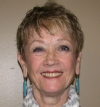 In the preceding video presentation, Dr. Greenberg played a short excerpt from "The Moldau", one of the six movements in Bohemian composer Smetana's "Ma Vlast (My Country)". That wasn't enough: we must now take the entire journey from the mountainous sources of this river, enjoying all the scenes along the way, until the river passes under the bridge into the magnificent city. This beloved composition is a fine example of program music, a genre in which, as Greenberg states, the subject shaped the form. NOTE: We have Franca Hernandez to thank for requesting this session!
In the preceding video presentation, Dr. Greenberg played a short excerpt from "The Moldau", one of the six movements in Bohemian composer Smetana's "Ma Vlast (My Country)". That wasn't enough: we must now take the entire journey from the mountainous sources of this river, enjoying all the scenes along the way, until the river passes under the bridge into the magnificent city. This beloved composition is a fine example of program music, a genre in which, as Greenberg states, the subject shaped the form. NOTE: We have Franca Hernandez to thank for requesting this session!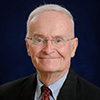
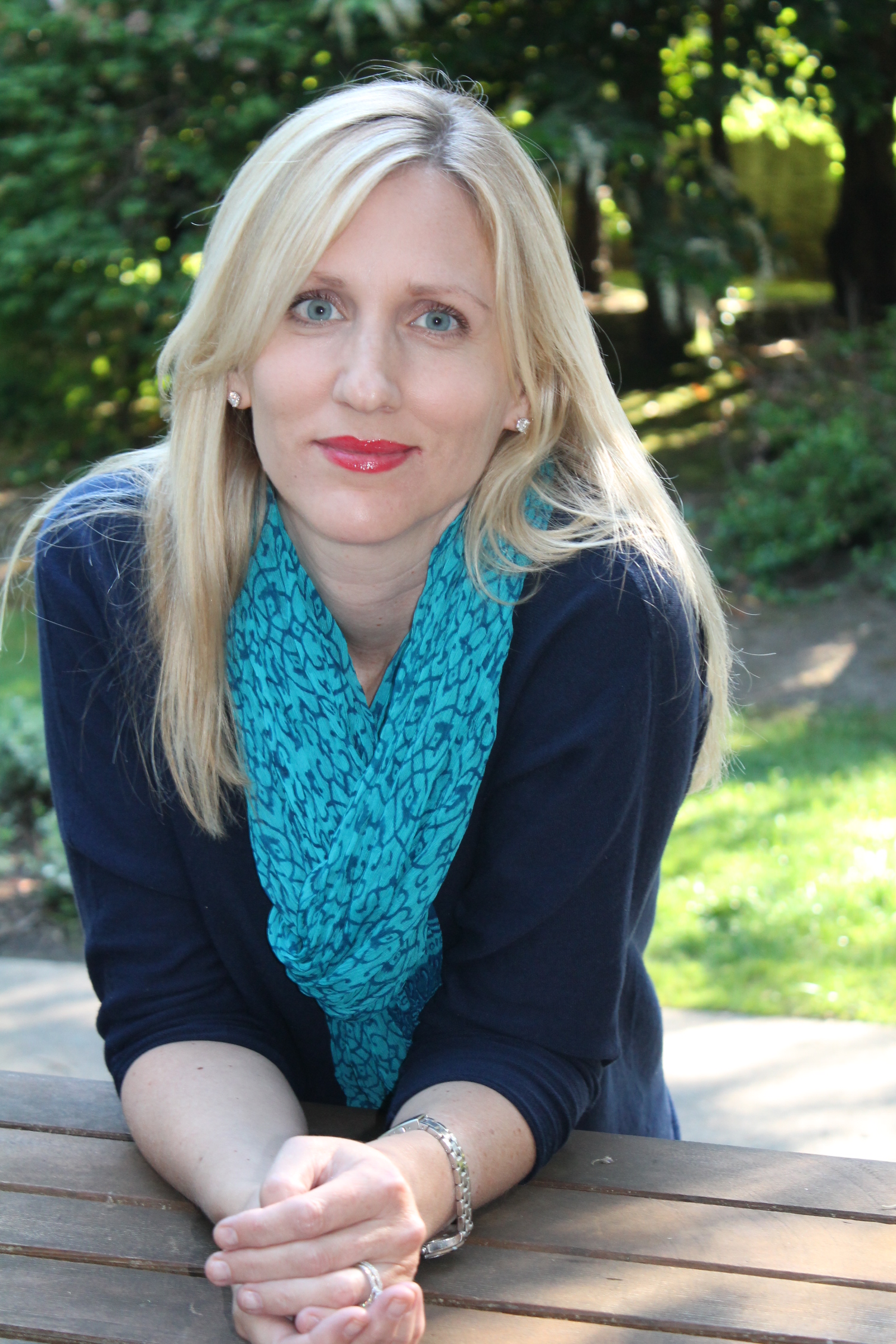 Jennifer Hillman-Magnuson is a writer and mother of five. She has lived in India and Abu Dhabi, and now resides full-time with her family in Oregon. She has written for Nickelodeon, Brain, Child magazine, and other print and online publications. Her book, Peanut Butter and Naan: Stories of an American Mom in the Far East details her life in India with her family after moving from Nashville, Tennessee. Critics are hailing it as "equal parts moving, hilarious, and inspiring." She is currently at work on her second book, Inshallah.
Jennifer Hillman-Magnuson is a writer and mother of five. She has lived in India and Abu Dhabi, and now resides full-time with her family in Oregon. She has written for Nickelodeon, Brain, Child magazine, and other print and online publications. Her book, Peanut Butter and Naan: Stories of an American Mom in the Far East details her life in India with her family after moving from Nashville, Tennessee. Critics are hailing it as "equal parts moving, hilarious, and inspiring." She is currently at work on her second book, Inshallah.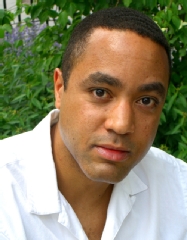
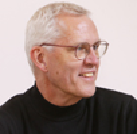 B.A., Whitman College
B.A., Whitman College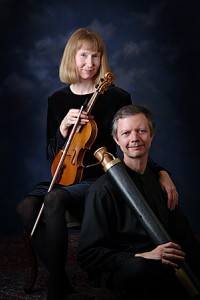 Gayle and Phil Neuman will perform Music of Medieval and Renaissance Europe on a wide variety of period wind and string instruments, some of which they built themselves. The program will include a troubador song, selections from the Cantigas de Santa Maria, the bizarre 14th century fumeur chanson "Puis que je suis fumeux," and pieces by the notable early composers Francesco Landini, Guillaume Du Fay, Josquin des Prez, Claude Le Jeune, and King Henry VIII. Instruments will include vielle, citole, recorders, bagpipe, pipe & tabor, shawms, curtals, carnival whistles, douçaines, sackbutts, crumhorns, renaissance violin, viola da gamba, spinettino, serpent, gittern, chitarrino, rackett, and tartold. The Neumans will talk about the music and instruments and Gayle will also sing on some of the pieces.
Gayle and Phil Neuman will perform Music of Medieval and Renaissance Europe on a wide variety of period wind and string instruments, some of which they built themselves. The program will include a troubador song, selections from the Cantigas de Santa Maria, the bizarre 14th century fumeur chanson "Puis que je suis fumeux," and pieces by the notable early composers Francesco Landini, Guillaume Du Fay, Josquin des Prez, Claude Le Jeune, and King Henry VIII. Instruments will include vielle, citole, recorders, bagpipe, pipe & tabor, shawms, curtals, carnival whistles, douçaines, sackbutts, crumhorns, renaissance violin, viola da gamba, spinettino, serpent, gittern, chitarrino, rackett, and tartold. The Neumans will talk about the music and instruments and Gayle will also sing on some of the pieces.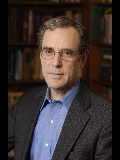 Steven Wax will discuss his work on national security cases in Oregon and Guantanamo, the tension between national security and civil liberties, the dangers to civil society from classification of secrets, and the threat of imprisonment of innocent people in national security and other cases.
Steven Wax will discuss his work on national security cases in Oregon and Guantanamo, the tension between national security and civil liberties, the dangers to civil society from classification of secrets, and the threat of imprisonment of innocent people in national security and other cases.  The ICL Players will present "Twelve Angry Jurors" by Reginald Rose. Set in the late 1950s, this courtroom drama centers on a 19 year old man who is on trial for killing his father. The defendant has a criminal record, and considerable evidence against him. If found guilty, he will be sentenced to death.
The ICL Players will present "Twelve Angry Jurors" by Reginald Rose. Set in the late 1950s, this courtroom drama centers on a 19 year old man who is on trial for killing his father. The defendant has a criminal record, and considerable evidence against him. If found guilty, he will be sentenced to death. As calls for closer ties with the EU failed to be met, Ukrainians took to the streets in November 2013. As the movement later known as the Euromaidan, or "Euro Square" pulled western Ukraine closer to its European neighbors, another powerful force threatened to tear away the country's eastern half: Russia. Putin's pushback against European expansionism has the West wondering: If Putin's Russia isn't afraid to take an aggressive stance against Europeanization in Ukraine, what does that mean for the rest of Russia's neighbors?
As calls for closer ties with the EU failed to be met, Ukrainians took to the streets in November 2013. As the movement later known as the Euromaidan, or "Euro Square" pulled western Ukraine closer to its European neighbors, another powerful force threatened to tear away the country's eastern half: Russia. Putin's pushback against European expansionism has the West wondering: If Putin's Russia isn't afraid to take an aggressive stance against Europeanization in Ukraine, what does that mean for the rest of Russia's neighbors?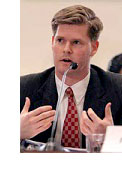 Randall Schriver is President and Chief Executive Officer of the Project 2049 Institute. He is also a founding partner of Armitage International LLC, based in Arlington, Virginia, and a senior associate at the Center for Strategic and International Studies, in Washington, DC. He served as deputy assistant secretary of state for East Asian and Pacific Affairs from 2003 to 2005, and as chief of staff and senior policy advisor to then-deputy secretary of state Richard Armitage, from 2001 to 2003. Prior to his work at the State Department, he was an independent consultant and visiting fellow at the Center for Strategic and International Studies. Schriver has also served as an active duty naval intelligence officer. He has won numerous military and civilian awards from the U.S. government and was recently presented with the Order of the Propitious Clouds by the president of Taiwan for promoting Taiwan-U.S. relations.
Randall Schriver is President and Chief Executive Officer of the Project 2049 Institute. He is also a founding partner of Armitage International LLC, based in Arlington, Virginia, and a senior associate at the Center for Strategic and International Studies, in Washington, DC. He served as deputy assistant secretary of state for East Asian and Pacific Affairs from 2003 to 2005, and as chief of staff and senior policy advisor to then-deputy secretary of state Richard Armitage, from 2001 to 2003. Prior to his work at the State Department, he was an independent consultant and visiting fellow at the Center for Strategic and International Studies. Schriver has also served as an active duty naval intelligence officer. He has won numerous military and civilian awards from the U.S. government and was recently presented with the Order of the Propitious Clouds by the president of Taiwan for promoting Taiwan-U.S. relations. The National Tour!
The National Tour!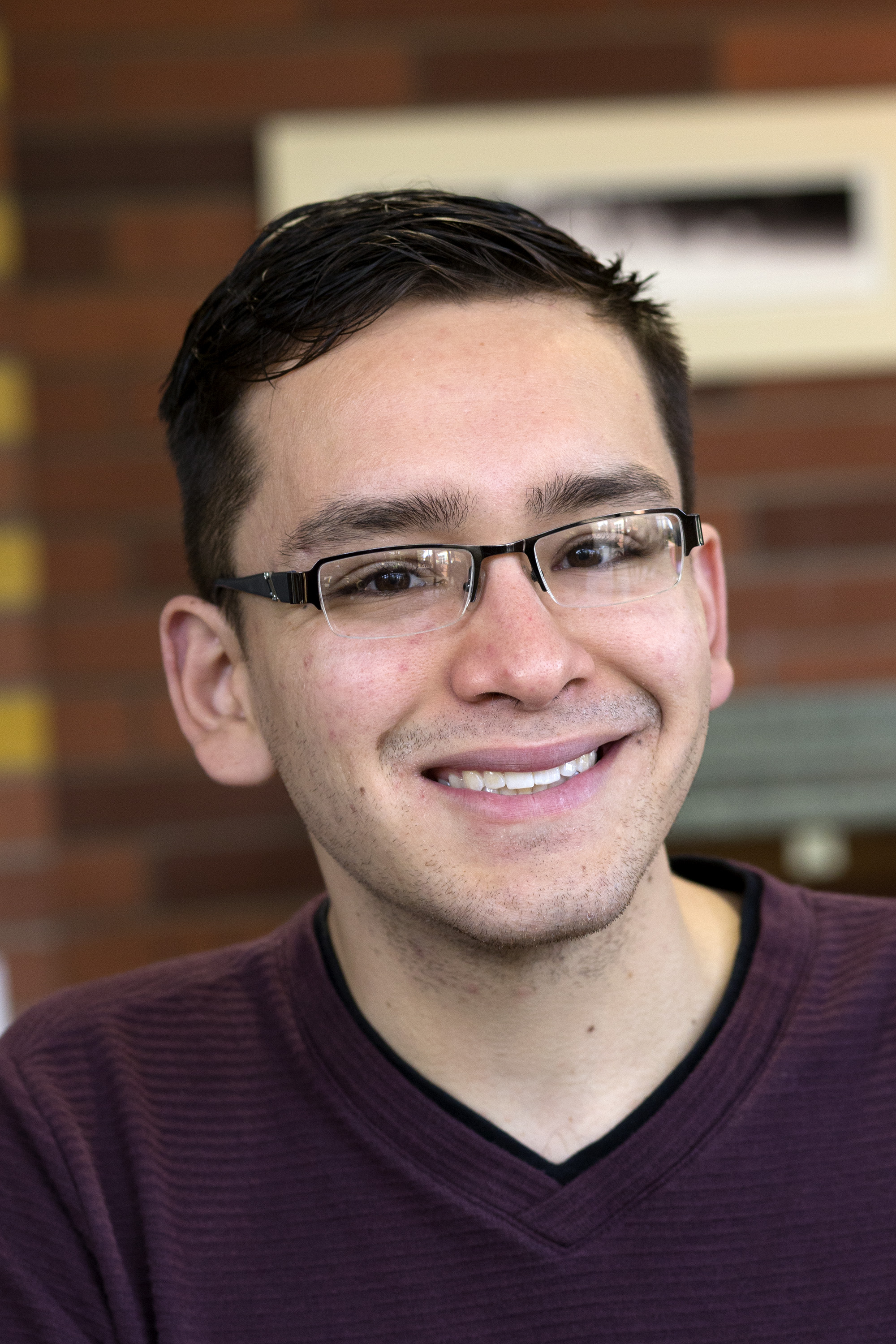 Major: Politics
Major: Politics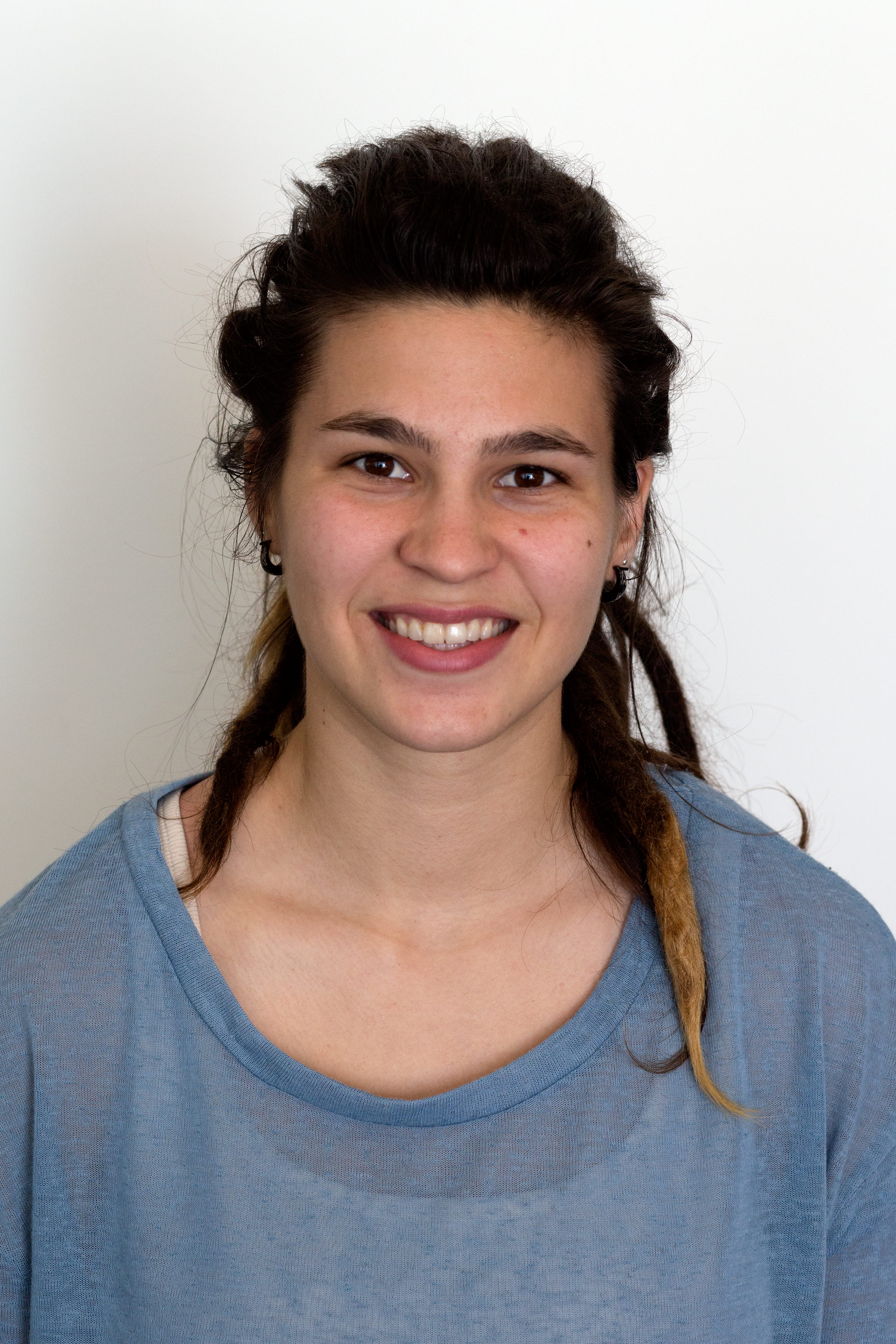 Major: Anthropology
Major: Anthropology